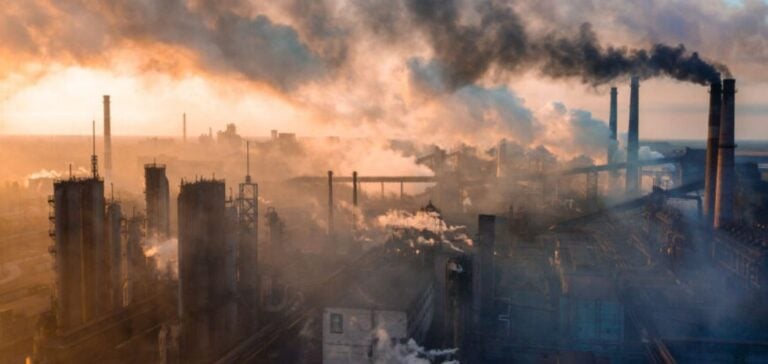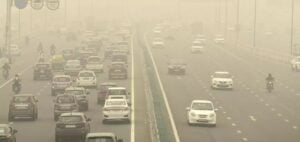Achieving carbon neutrality by the end of the century is imperative to avoid irreversible climate disruption.
A recent study published in Nature Communications by researchers at the Potsdam Institute for Climate Impact Research (PIK) highlights the inadequacies of current policies to prevent critical “tipping points”.
Tipping Point Risks and Current Policy Shortcomings
Current climate policies are not sufficient to avoid critical tipping points, which could lead to irreversible changes in global climate systems.
These tipping points include phenomena such as the disappearance of the Amazon rainforest or the accelerated melting of the Greenland and Antarctic icecaps.
Every fraction of a degree of warming above 1.5°C increases the risk of destabilizing the planet’s climatic equilibrium.
Permanently exceeding this limit would significantly increase the probability of triggering these tipping points.
Imperative for immediate action
The researchers recommend immediate and substantial measures to reduce greenhouse gas emissions.
Carbon neutrality, which requires a balance between CO2 emissions and their absorption by carbon sinks such as forests, is essential.
The world must reach net zero emissions by 2100 to avoid long-term destabilization of the climate balance.
According to Nico Wunderling, one of the authors of the study, such a reversal of global warming is achievable, but requires rapid and determined action.
Projections and Worldwide Commitments
As things stand, member states’ commitments under the 2015 Paris Agreement are insufficient.
States’ unconditional pledges lead to a warming trajectory of 2.9°C by the end of the century.
Even conditional pledges only reduce this rise to 2.5°C, levels deemed too high to avoid devastating effects.
Each additional 0.1°C rise above 1.5°C increases the likelihood of collapse of critical systems.
Long-term consequences and mitigation strategies
The study underlines the importance of keeping global warming as low as possible, and returning to 1.5°C as soon as possible.
The researchers insist that significant emissions reductions in the current decade are crucial to the planet’s stability.
Compliance with the Paris Agreement targets is vital to avoid irreversible climate change and ensure long-term planetary stability.
Immediate and ambitious action is needed to achieve these goals.
The study by the Potsdam Institute for Climate Impact Research highlights the urgency of achieving carbon neutrality by 2100 to avoid irreversible climate disruption.
Compliance with global climate commitments and the adoption of immediate and ambitious measures are essential to maintain planetary stability.
Scientists are calling for swift action to avoid crossing critical tipping points and ensure a stable future for generations to come.





















